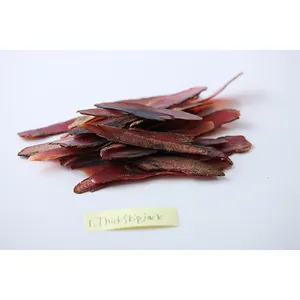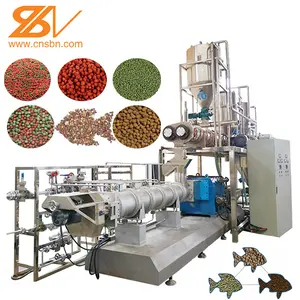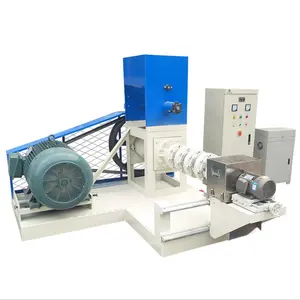Exploring Commercial Fish Food Varieties
The realm of commercial fish food encompasses a diverse range of products designed to meet the nutritional needs of various fish species in aquaculture settings. This category is essential for maintaining the health and growth of fish populations in commercial environments, from small-scale operations to expansive aquaculture farms.
Types of Commercial Fish Feed
Within the commercial sector, fish feed comes in multiple forms, including commercial fish food pellets, flakes, and granules. Each type is formulated to cater to the specific dietary requirements of different fish species, such as commercial catfish food and commercial trout food, ensuring optimal growth and health.
Applications in Aquaculture
The application of commercial fish feed is pivotal in aquaculture. It's utilized in systems like commercial aquaponics fish tanks, where the balance of nutrients is crucial not just for the fish but also for the plants that are part of the ecosystem. The feed is designed to minimize waste, thereby supporting the sustainability of such systems.
Features and Materials
Commercial fish food is characterized by its nutritional content, which is a blend of proteins, fats, carbohydrates, vitamins, and minerals. The materials used in commercial fish pellets are selected based on the dietary needs of the target species, ensuring a balanced diet that promotes efficient growth and health.
Advantages of Quality Feed
High-grade commercial fish food supports the well-being of fish, leading to better yield and quality in commercial fisheries. It also plays a role in disease prevention, reducing the need for medication and enhancing the overall sustainability of fish farming operations.
Choosing the Right Supplier
Selecting the right commercial fish food suppliers is crucial for aquaculture businesses. Suppliers should be chosen based on their ability to provide consistent, nutritionally adequate feed options like commercial automatic fish feeders, which can streamline the feeding process and improve efficiency.





























 浙公网安备 33010002000092号
浙公网安备 33010002000092号 浙B2-20120091-4
浙B2-20120091-4